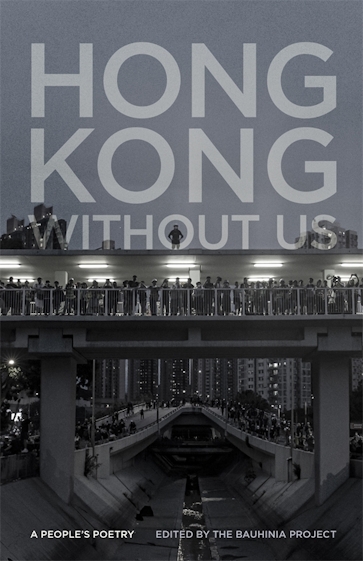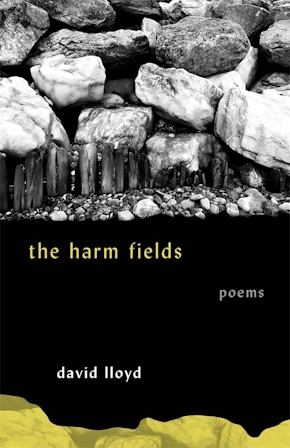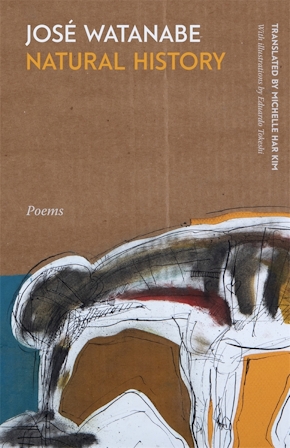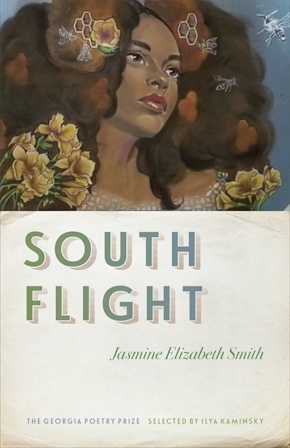Hong Kong without Us
A People's Poetry
Title Details
Pages: 126
Illustrations: 6 color images
Trim size: 5.500in x 8.500in
Formats
Paperback
Pub Date: 04/01/2021
ISBN: 9-780-8203-6004-1
List Price: $23.95
eBook
Pub Date: 04/01/2021
ISBN: 9-780-8203-6005-8
List Price: $23.95
eBook
Pub Date: 04/01/2021
ISBN: 9-780-8203-6940-2
List Price: $23.95
Series
Related Subjects
Hong Kong without Us
A People's Poetry
Anonymous poems collected from the anti-extradition protests of 2019, from voices now banned or criminalized
Skip to
- Description
- Reviews
Hong Kong without Us is a decentralized book of revolutionary poetry. Drawn directly from the voices of Hong Kong during its anti-extradition protests, the poems consist of submitted testimonies and found materials—and are all anonymous from end to end, from first speech to translated curation. This collected poetic documentation of protest is thus an authorless work that brings together many voices.
The editors themselves are anonymous poets acting through the Bauhinia Project, an organization created to bring Hong Kong’s struggles to the stage of transnational activism through lyric and language, in the same spirit of leaderlessness as the protests. This book is a glimpse into the movement’s lives and voices. The poems here were either submitted as testimonies to the Bauhinia Project at an encrypted email address or collected as “found poems” from testimonies and protest materials on the streets, on social media, and on the news. Each was from an anonymous source in Chinese. They are a people’s poetry: nameless, lowbrow, temporally bound, squeezed out from moments of gravity and strife. They are meant to reach out across the silence of oceans, through differences in language and culture.
—Jeffrey Yang, writer and translator of Nobel Peace Prize Laureate Liu Xiaobo’s June Fourth Elegies
—Alex Yong-Kang Chow, Hong Kong activist
Poems found scrawled or printed on Hong Kong Walls, last wills and testaments, anonymous poems from a protest movement 'led by children' who covered their faces during the uprising, but whose protest woke up their country-people as this book, I hope, will wake up readers everywhere.
Here is my evidence: 'I'm just a housewife / Last night I joined a rally / It was pouring // When I looked up / An umbrella was shielding me / raised by a teen.'
This is one of the most moving and humanly compelling testaments I have ever read. But this fragment is also a lyric translated beautifully with an elegant and light touch. Out of such fragments, scraps of voices, and scenes, the larger panorama of communal protest arises, a whole city comes alive, like a lit-up stained-glass window that creates an epic out of many tiny shards of glass. The beautiful, despairing, inspired, and unforgettable chorus of voices in this book is a testimony, it is a poetics of witness in the truest sense.
—Ilya Kaminsky, author of Deaf Republic
—Sam Cheuk, Cha: An Asian Literary Journal



